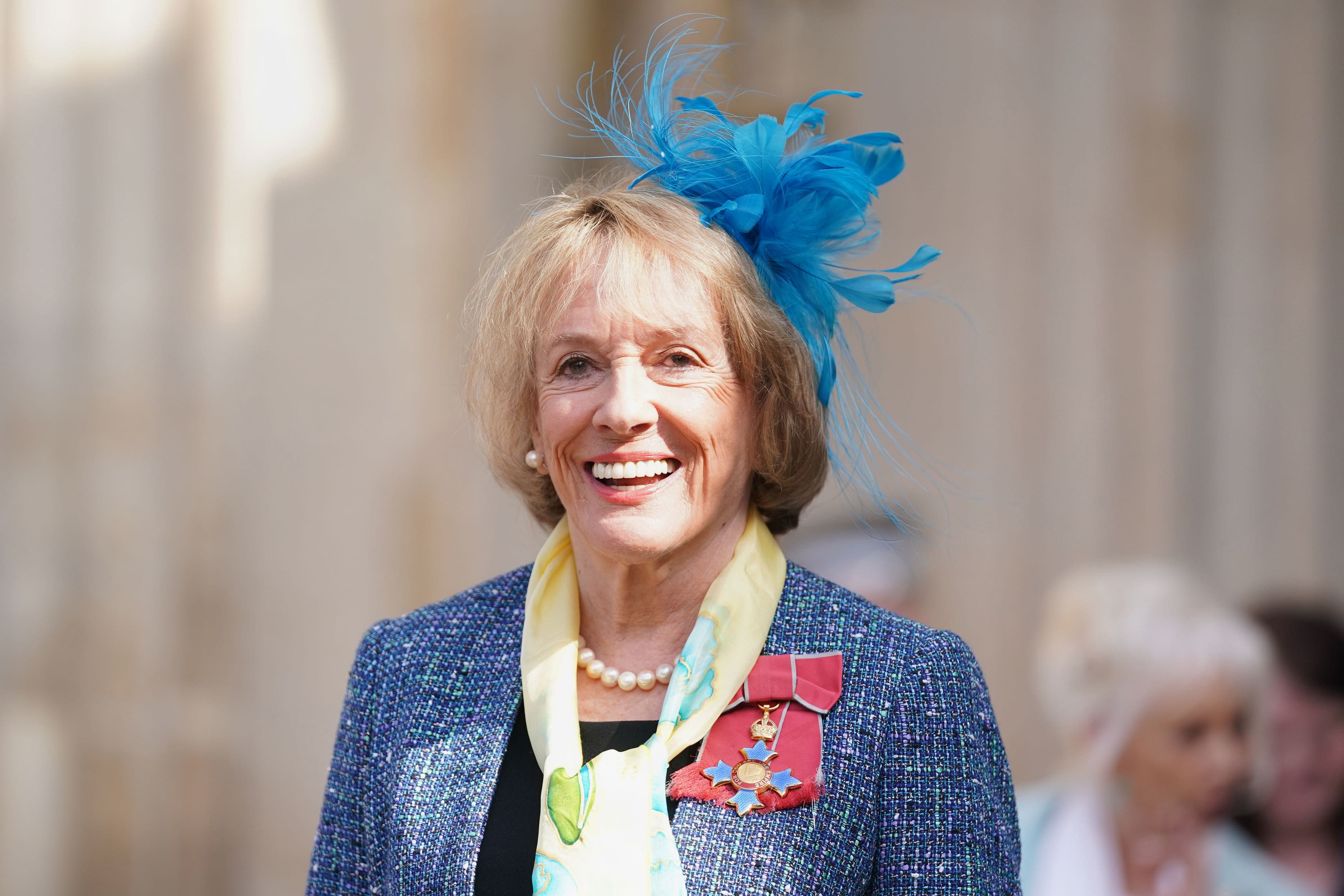Esther Rantzen’s part in assisted dying campaign ‘has struck chord with public’
The 83-year-old broadcaster’s name was raised during a near three-hour debate.

Your support helps us to tell the story
From reproductive rights to climate change to Big Tech, The Independent is on the ground when the story is developing. Whether it's investigating the financials of Elon Musk's pro-Trump PAC or producing our latest documentary, 'The A Word', which shines a light on the American women fighting for reproductive rights, we know how important it is to parse out the facts from the messaging.
At such a critical moment in US history, we need reporters on the ground. Your donation allows us to keep sending journalists to speak to both sides of the story.
The Independent is trusted by Americans across the entire political spectrum. And unlike many other quality news outlets, we choose not to lock Americans out of our reporting and analysis with paywalls. We believe quality journalism should be available to everyone, paid for by those who can afford it.
Your support makes all the difference.Dame Esther Rantzen’s intervention in the conversation on assisted dying prompted an outpouring of support because she is seen as part of the family by many, a debate sparked by a petition she backed has heard.
The 83-year-old broadcaster’s name was raised with warmth numerous times during a near three-hour debate.
Dame Esther’s decision to go public in December with the fact she had joined the Swiss Dignitas clinic has shone a brighter spotlight on the issue.
She appeared in their front rooms on a Saturday afternoon on a regular basis with her smiley, sunny demeanour.”
The Childline founder was unable to attend Monday’s debate due to her ill health as she lives with stage four cancer, but she had vowed to keep an eye on the proceedings.
Opening the debate, Labour MP Tonia Antoniazzi said she had no doubt that Dame Esther had contributed to a “heightened awareness of assisted dying”.
She said: “By her own admission in our discussion, she didn’t realise that speaking out about her personal choice would have had the impact that it has.”
Conservative MP Kit Malthouse said Dame Esther’s role in the public consciousness over so many years means it “should come as no surprise that there was an outpouring of support from the British people because, of course, for many people she was part of the family”.
He added: “She appeared in their front rooms on a Saturday afternoon on a regular basis with her smiley, sunny demeanour.”
He said her case made British people listen, and many have been left wondering why MPs “stand for the status quo”.
“When, as members have already stated in the room, the status quo is appalling,” he added.
I was thinking today about all those evenings, being allowed to sit with my parents and watch That’s Life and how I could never have envisaged this moment
Dame Esther’s part in the assisted dying campaign has been the one throughout her long career which has most touched a nerve with the public, Liberal Democrat MP Christine Jardine said.
“I was thinking today about all those evenings, being allowed to sit with my parents and watch That’s Life and how I could never have envisaged this moment,” she told those in the packed room.
“But of all the campaigns, the successful campaigns, that Dame Esther Rantzen has been involved in in that astonishing career, there can surely be none which has touched a nerve with the British public, and so widespread, as this one.”
Dame Esther has previously said that while palliative care “can be wonderful in this country”, it cannot “guarantee the dignified, pain-free death we terminally ill patients all hope for”.
She has raised her concerns about how the current law would affect her family, should they help her travel to Dignitas.
She said: “The current law means my family could be prosecuted for supporting me if I go to Switzerland.
“This is not right, it is not ethical and, as it is my life, I, like the majority of the public, believe it should be my choice.”